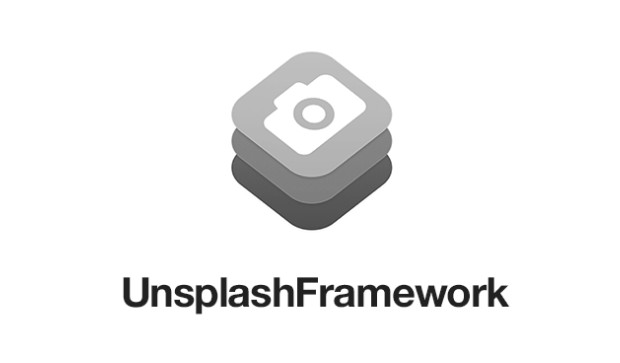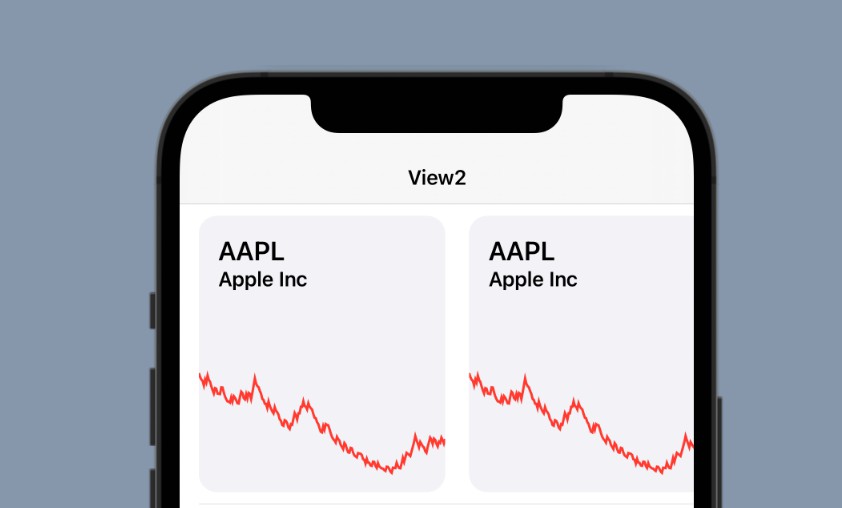Logr
Simple logging library for iOS written in Swift.
Features
- [x] Inferred log message tags
- [x] Swift Package Manager/Carthage/CocoaPods integration
- [x] Highly extensible
- [x] Logging to multiple targets/destination at the same time
- [x] Console logging out of the box via ConsoleTarget
- [x] File logging out of the box via FileTarget
- [x] Pure Swift 5
- [x] Optional file header for each file
- [x] Automatic file archive based on size or time span
Integration
Swift Package Manager
Once Swift package set up, add the following to your Package.swift:
dependencies: [
.package(url: "https://github.com/nakkht/logr.git", exact: "0.11.0")
]
Usage
In your AppDelegate.swift file add:
import Logr
At the beginning of func application(_ application: UIApplication, didFinishLaunchingWithOptions launchOptions: [UIApplication.LaunchOptionsKey: Any]?) -> Bool configure logr service with wanted targets:
LogrService.init(with: Config(ConsoleTarget(), FileTarget()))
For more serious configuration in production, it is recommended to ommit ConsoleTarget. For example:
#if DEBUG
static let targets: [Target] = [ConsoleTarget(), FileTarget()]
#else
static let targets: [Target] = [FileTarget()]
#endif
static let config = Config(targets: targets)
LogrService.init(with: config)
The set targets will be used across the whole application.
To log messages, simply create Logr instance in class initializer and start logging. For example:
import Logr
class ViewController: UIViewController {
private let logr = Logr()
func logDebug() {
logr.debug("debug message to be logged")
}
}
Demo
Demo project can be access by opening Demo.workspace in Demo sub-folder.




